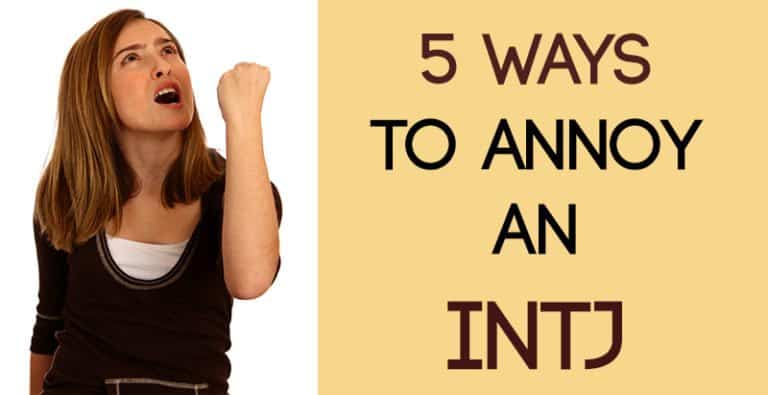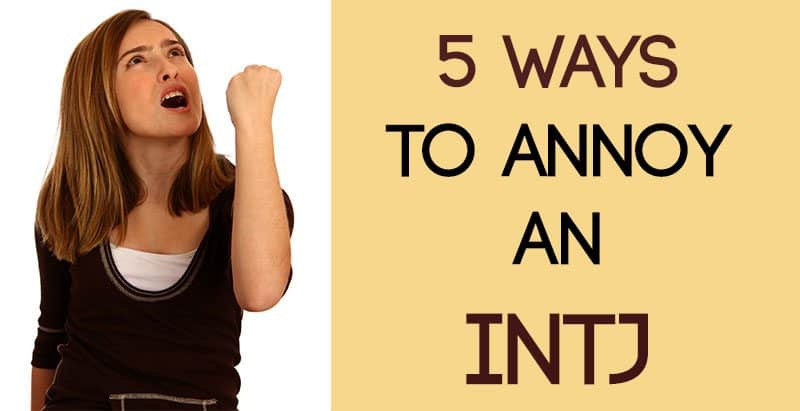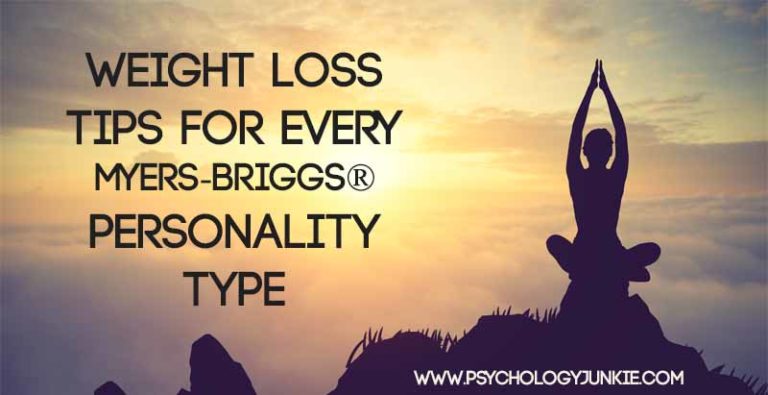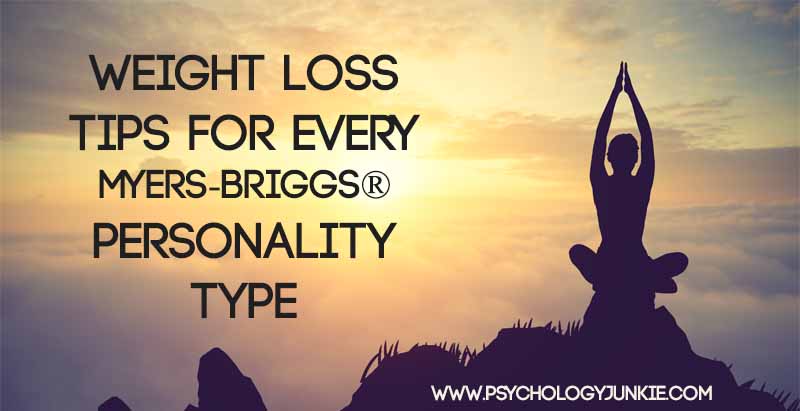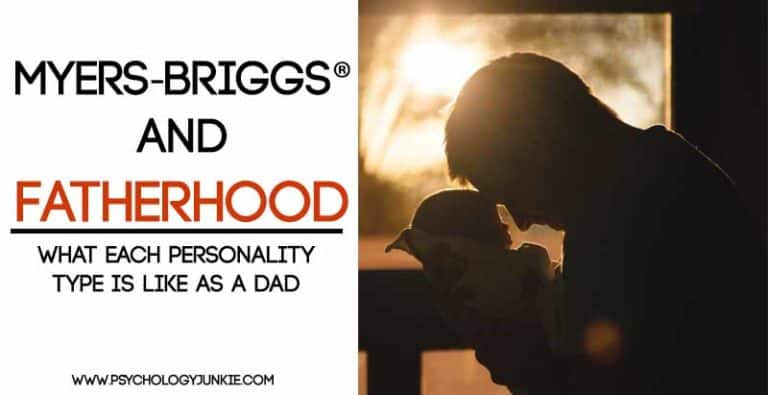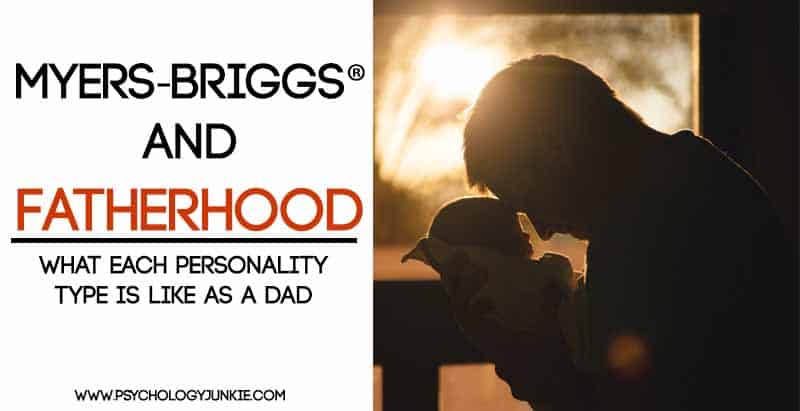Understanding ESFJ Rage: A Look at ESFJ Anger
Today I want to explore anger and specifically how it impacts ESFJs, “the Defenders” or “Consuls.” ESFJs are harmony seeking, friendly extroverts who enjoy bringing people together and creating memorable routines and traditions. But all their friendliness and desire for unity can turn to anger and frustration when they’re triggered by perceived irresponsible, cruel, or lazy behavior.
Not sure what your personality type is? Take our new personality questionnaire here. Or you can take the official MBTI® here.

What Makes You Angry as an ESFJ:
Let’s take a look at your ESFJ preferences and how they might influence what triggers your anger.
As an Extrovert, the world outside of you is the “real” world—the one that energizes and inspires you. When you’re forced into too much isolation, whether it’s due to a quiet, sedentary job or a lack of friendships and community, you might find yourself becoming more restless and agitated.
As a Sensor, you have a pragmatic, down-to-earth outlook on life. You trust facts, details, and experiences. When people you love and rely on seem overly fixated on abstract, hypothetical ideas that have nothing to do with pressing present needs, it can frustrate and anger you. While you may try to be patient, your practical perspective can sometimes clash with a more otherworldly approach.
As a Feeling type, you are tactful, considerate, and emotionally supportive of your loved ones. How people feel is everything to you. If you’re around someone who’s being careless with their words, making jokes in poor taste, or otherwise being tactless, you can easily lose your cool. You work very hard to maintain harmony and take care of the people you love, and it takes effort to keep those “good vibes” going. If someone comes along and disrupts that harmony with thoughtless remarks or even well-intentioned comments that could spark discord, it can set you on edge.
As a Judging type, you like having a plan and a sense of order in your life. When people are lazy, late, or wishy-washy, it can drive you absolutely bonkers with frustration. Being on time, following through on your word, and having a clear agenda are key for you. This need for order can also show up in relationships. If you’re in a dating relationship and there’s a lot of game-playing or unclear goals, it can be maddening for you. Casual relationships where you don’t know where you stand can be highly stressful.
Why These Things Make You So Angry
As an ESFJ, you’re wired to care about the well-being of others and the harmony of your environment. You notice emotions around you in great detail, and many ESFJs (45% based on my latest survey) absorb others feelings as if they’re their own. You’re happiest in situations where everyone’s needs are being met, where there’s respect, consideration, and a sense of community. When someone disrupts that harmony—whether by being selfish, lazy, or rude—it can feel like an attack on the very values that guide your life.
Here’s a metaphor to help make it make sense: you’re the caretaker of a beautiful garden, and you’ve worked tirelessly to ensure every plant is thriving and healthy. Suddenly, someone stomps through, trampling the flowers you’ve nurtured so carefully. Naturally, this would make you furious! It’s not just about the damage done to the garden; it’s about the disregard for all the love and effort you’ve put in. This is what happens when someone isn’t responsible, isn’t being tactful or kind, or could potentially cause discord and conflict.
How ESFJs Experience and Process Anger
Now, when it comes to anger, you might find yourself in a bit of a bind. As an Extraverted Feeling (Fe) type, you’re more in tune with the emotions around you than the ones inside you. Sure, you feel your emotions, but because your focus is external, you might struggle to sort through them on your own. When other people talk about their feelings it’s easy for you to process what they’re going through and offer validation, comfort, and advice. But your own feelings aren’t “out there” in the external world, they’re inside. And you’re not an introverted feeling type, so processing those inside feelings can be more challenging.
It’s like being in the middle of a crowded room where everyone is talking at once—you can hear your own voice, but it’s drowned out by the noise of everyone else. For you, finding clarity often means stepping outside that room, finding someone you trust, and talking it all out. When you hear your emotions out loud, it’s like those voices in the room quiet down, and you can finally hear yourself clearly.
Why Talking It Out Is So Important
For many ESFJs, externalizing your emotions is key. Talking through your feelings helps you to process them. It’s like untangling a knot—you might not even realize how tightly wound up you are until you start pulling at the threads, and suddenly, things start to make sense.
If you try to keep your emotions bottled up, it can be harder to sort through them. That’s because your introverted judging function, Introverted Thinking (Ti), isn’t naturally inclined to deal with emotions. Ti is great for dissecting and analyzing issues to find logical components and arguments, but emotions? They can be a bit trickier.
Finding Healthy Outlets for Anger
So, what can you do when you’re feeling overwhelmed or angry? First off, it’s important to find someone you trust to talk to. This could be a friend, a family member, or even a therapist. Having that sounding board can help you hear your own feelings and make sense of them.
But what if you’re worried about saying something you might regret? If you feel like you’re on the verge of blowing up and potentially damaging relationships, try jotting down your thoughts and feelings in a journal. Then, read it back to yourself—out loud. It might sound a bit odd, but this can have the same effect as talking to someone else. Once you hear your feelings, your Extraverted Feeling side can kick in, helping you to sort through the emotions and decide what to do next.
And don’t forget to release some of that pent-up tension! If you try holding it in all the time it can blow up in an unhealthy way later. Don’t be afraid to go to your room and punch a pillow, drive somewhere quiet and yell and shout in your car, or even do a few push-ups to try to release some of that angry energy so you’re not feeling like you’re on the verge of erupting with fury all day.
Acknowledging the Challenge
It’s also important to acknowledge that because you’re not an Introverted Feeling (Fi) type, this process can be harder for you. Fi types have an internal emotional compass that helps them navigate their feelings in a more solitary way. For you, the process involves more externalization, and that’s perfectly okay. Just know that the way you experience and process emotions is different, but it’s no less valid.
When You’re an Unhealthy ESFJ:
Now let’s talk about unhealthy ESFJs, because for them anger can show up in a different way. If you’re an unhealthy ESFJ, you may either bury your anger, trying hard to pretend everything’s okay so that you can have the illusion of harmony even if things are really bad in your relationships. Or, conversely, you may give into your feelings and express them right away, trusting that your emotions are your guiding light and you’re absolutely correct, even if you may not be. You may become a criticizer, tearing people down, assuming you have the moral high ground.
Unhealthy Feeling types often believe that their values are the “one” right values, and can become self-righteous and superior during conflicts. Because values and emotions are so important to Feeling types, unhealthy feeling types may trust them without applying enough logical scrutiny to the situation. As extroverts, ESFJs tend to “think out loud” and they may express judgmental or harsh perspectives rapidly, without taking the time to really consider other perspectives and ways of looking at the situation. If you’re an unhealthy ESFJ, you may not seem like the warm, nurturing ESFJ we typically talk about. You may be quick to react, easy to offend, and judgmental of anyone who has different views. You may feel tempted to gossip about people who are different from yourself, ostracizing them from your community.
Ways to Cope and Become More Balanced:
If you recognize some of these unhealthy tendencies in yourself, don’t worry—there are ways to cope and grow that can help you return to the balanced, caring ESFJ you truly are.
- Pause Before Reacting: When you feel that surge of anger or judgment, take a moment to pause and breathe. Count to ten, or take a few deep breaths before responding. This gives you time to assess the situation more clearly and prevents you from reacting impulsively.
- Seek Out Diverse Perspectives: Make an intentional effort to listen to and consider perspectives that differ from your own. This can help you challenge the assumption that your values are the only “right” ones and open up new ways of understanding and resolving conflicts.
- Practice Self-Reflection: Take some time each day to reflect on your emotions and reactions. Journaling can be especially helpful for this. Writing down your thoughts allows you to process your feelings in a more measured way and helps you identify any patterns of behavior that might be unhealthy. Just remember to read them out loud!
- Practice Being Mindful: Mindfulness can help you stay grounded in the present moment and reduce the tendency to react quickly out of emotion. Practices like meditation, deep breathing exercises, or simply taking a quiet walk can help you cultivate a more balanced and calm state of mind.
- Focus on Empathy and Understanding: Remind yourself of the empathetic and nurturing qualities that are at the core of your ESFJ personality. Before passing judgment or acting on anger, ask yourself how the other person might be feeling and what might be driving their behavior. Strive to approach conflicts with a spirit of compassion and understanding.
- Set Healthy Boundaries: If you find yourself burying your anger to maintain the illusion of harmony, it’s important to set healthy boundaries. Letting others know when something is bothering you in a calm and constructive way can prevent resentment from building up and allow for more authentic relationships.
- Forgive Yourself and Others: If you’ve made mistakes or acted in ways that don’t align with your best self, practice self-forgiveness. Recognize that everyone has moments of imbalance and that growth is a journey. Extending forgiveness to others can also help you release lingering anger and move forward.
Remember, everyone experiences moments where they’re not at their best, but with self-awareness and a commitment to growth, you can get through those challenges and come out stronger on the other side.
Wrapping It Up
In the end, understanding your anger as an ESFJ is all about recognizing that your emotional experiences are deeply connected to the world around you. When that world feels disrupted by rudeness, irresponsibility, or selfishness, it’s natural for you to feel angry. But by finding healthy ways to externalize and process those feelings, you can navigate your anger in a way that honors both your need for harmony and your need to address your own underlying emotions.
So next time you feel that anger rising, remember: it’s okay to need to talk it out. It’s okay to write it down and hear your own voice. And it’s okay to take the time to process those feelings, even if it’s a bit challenging. You’ve got the tools, and with a little practice, you’ll be able to handle your anger in a way that’s true to who you are.
What Do You Think?
How do you handle anger? Do you have tips for other ESFJs who might be reading this? Let us know in the comments!
Discover even more about your personality type in our eBooks, Discovering You: Unlocking the Power of Personality Type, The INFJ – Understanding the Mystic, The INTJ – Understanding the Strategist, and The INFP – Understanding the Dreamer. You can also connect with me via Facebook, Instagram, or Twitter!
Other Articles You Might Enjoy:
24 Signs That You’re an ESFJ, the Defender Personality Type








